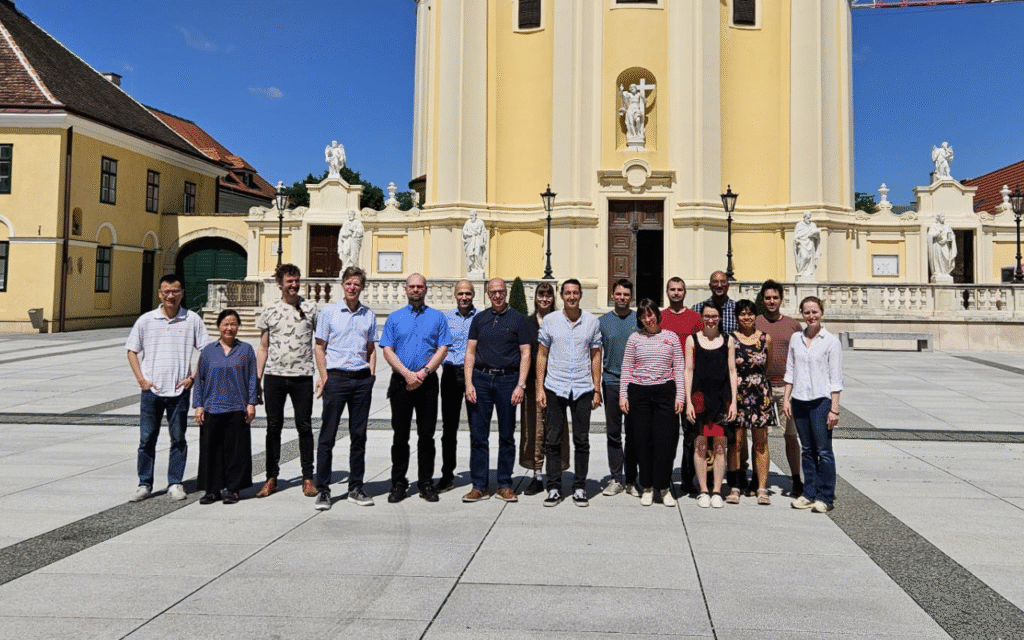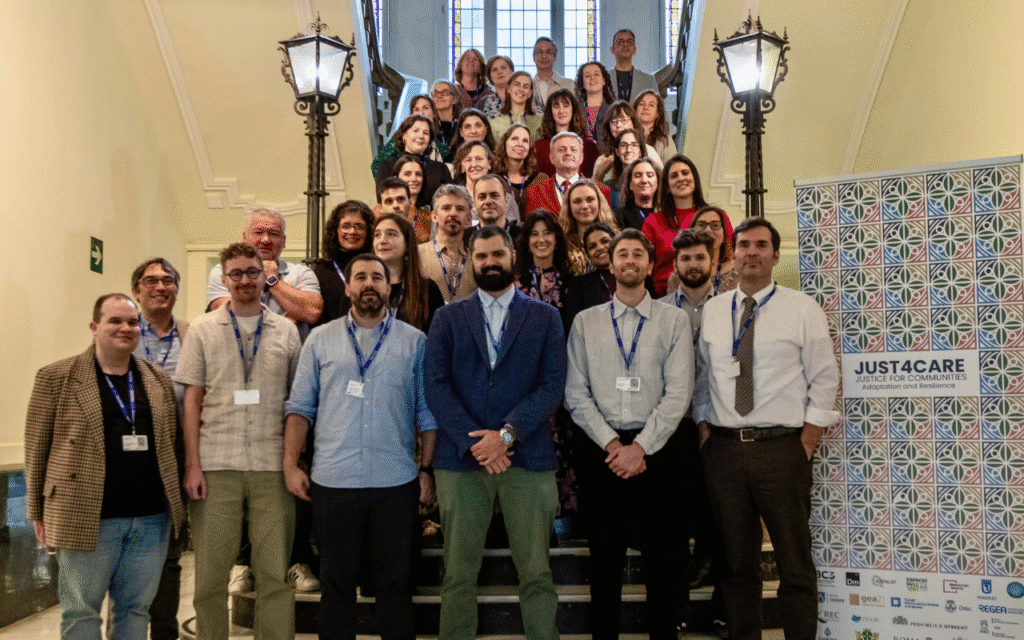Last week, Bilbao hosted the 8th International Conference on Big Data and Data Science for Official Statistics, drawing over 300 experts representing 100 organisations from more than 40 countries. Organized by UN DESA, BC3, the Basque Government, the Ministry of Foreign Affairs, the European Union and Cooperation, the Vizcaya Regional Government, the Spanish Statistics Office (INE), and the Basque Statistics Office (Eustat), this event focused on leveraging big data to inform policies on climate change and sustainable development.
ARIES for SEEA, hosted by BC3 as a sector hub of the UN Global Platform, played a pivotal role in the conference. The technology powering ARIES was recognized as a much-needed advancement for many of the participating institutions in integrating environmental modelling and big data for effective policy-making. This year’s focus on climate change and sustainability brought numerous partners to interact with the ARIES for SEEA hub, highlighting its potential for significant global contributions.
We have learned a lot at this conference. As environmental modellers, knowledge integration has always been our mission, but we didn’t yet know everything we needed to know about managing the complex dialogue between scientific models – for example, high-resolution geospatial process models – and the needs of statisticians and policymakers. After this conference, we will pay more attention to things that used to be more marginal to us and improve our understanding of results in a way that better serves the policy agenda.
Ferdinando Villa, Ikerbasque Professor and ARIES Lead Investigator, BC3
The conference, themed “Informing the Policies of Climate Change and Sustainable Development with Integrated Data,” was centred around climate change and risk assessment, loss of biodiversity, and sustainability of tourism and food systems. Attendees engaged in high-level panels, technical sessions and workshops, sharing insights and exploring innovative solutions.
This collaborative approach among the different communities is essential for finding relevant, innovative and fit-for-purpose data solutions while protecting privacy. Furthermore, it’s crucial to work closely with the geospatial community to integrate information and ensure it is ready for policy-making. This integrated effort will enhance our ability to address complex challenges with comprehensive, actionable data.
Ronald Jansen, Assistant Director, UN Statistics Division
The conference underscored the importance of integrating scientific, statistical, and geospatial data to address global issues. Collaboration among the public and private sectors, along with academic and research institutions, is essential for developing innovative, round-trip knowledge solutions.
For more details, visit the 8th International Conference on Big Data and Data Science for Official Statistics website, where you can find all presentations, livestream videos, a photo album, and video testimonials.





